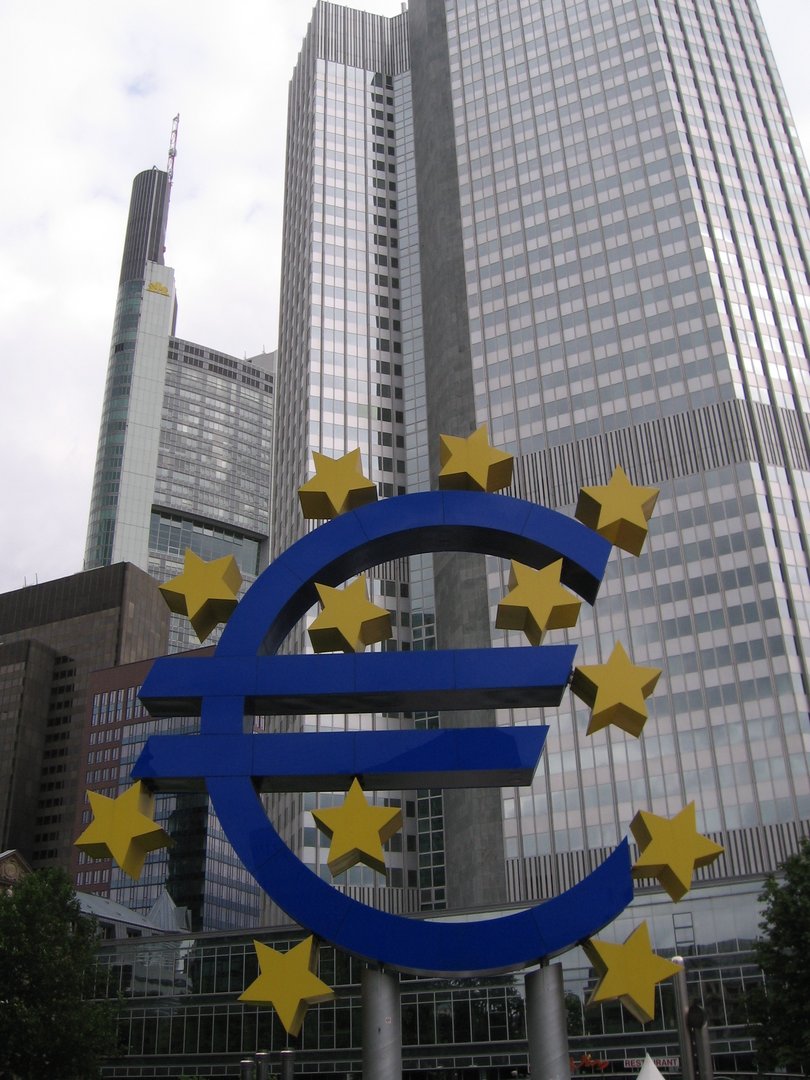The European Central Bank will raise interest rates again on Thursday and likely reel in a key subsidy to commercial banks, taking another big step in tightening policy to fight off a historic surge in inflation.
Fearing that rapid price growth is becoming entrenched, the ECB has already raised rates at the fastest pace on record, and there is little let-up in sight as unwinding a decade worth of stimulus could take it well into next year and beyond.
The ECB is almost certain to raise its 0.75 per cent deposit rate by 75 basis points – for a cumulative 2 percentage-point increase in three meetings – and signal that it is not yet done, even if the size of subsequent moves remains open to debate.
But in a potentially more important decision, the bank is also likely to take the first steps in reducing its 8.8 trillion euro balance sheet, bloated by years of debt purchases and ultra cheap loans extended to banks.
The rate decision is likely to be the easy part of Thursday’s meeting.
Unlike in September, no policymaker has openly opposed the idea of a 75 basis-point hike on Thursday, and markets have fully priced in such a move, suggesting an easy unanimity, especially since the US Federal Reserve has also hinted at a similar increase.
But ECB President Christine Lagarde is likely to provide only vague guidance about future moves, arguing that more hikes are likely but incoming data and new economic projections in December will be key.
“We suspect that she will drop hints pointing to an increasing likelihood that rates will have to be raised into restrictive territory and a slower pace of hikes following today’s bold move,” UniCredit said in a note.
While inflation is high and broadening, the overall picture may be more balanced than in the past as spot energy prices are falling, a looming recession will dampen price pressures, and there are no signs of a wage-price spiral.
The ECB’s rate decision is due out at 1215 GMT, followed by Lagarde’s news conference at 1245 GMT.
BALANCE SHEET BATTLE
The real battle is likely to be over how to reduce the ECB’s balance sheet.
The most pressing issue is dealing with some 2.1 trillion euros worth of ultra-cheap loans handed out to commercial banks, which are now causing both a political and financial headache.
Having borrowed at zero or even negative rates, banks can now simply park this cash back at the ECB for a positive, risk-free return, which rises with each deposit rate hike.
“We suspect an element of the decision is the political pressure not to be seen as providing banks with overly favourable conditions,” BNP Paribas said.
The ECB would also be justified on monetary policy grounds to act, as abundant liquidity is keeping interest rates too low – money market rates are still slightly below the central bank’s deposit rate.
This is essentially stopping rate hikes from getting fully transmitted to the real economy, so the ECB is likely to decide to change the terms of these so-called Targeted Longer-Term Refinancing Operations, or TLTROs, to encourage banks to repay them early.
While the ECB is likely change the rules of these three-year loans, the devil will be in the detail as only imperfect options are available to it.
The most controversial would be a simple change in the terms, a move likely to be challenged in court.
“Changing the TLTRO terms could hit the ECB’s credibility and would lead to reluctance of banks to ever make use of the TLTROs in the future again,” ING Economist Carsten Brzeski said.
The ECB could also create a system of tiering where reserves equalling TLTRO borrowing would be remunerated at lower rates, while it could also set a lower rate applied to excess reserves.
An even more difficult discussion for Thursday may be how to wind down the 5 trillion euros worth of debt, mostly government bonds, bought by the ECB.
While no decision is likely on this, policymakers are likely to signal that they have started devising plans to shrink the 3.3 trillion euro Asset Purchase Programme by not investing all cash back into the market from maturing bonds.







Click here to change your cookie preferences